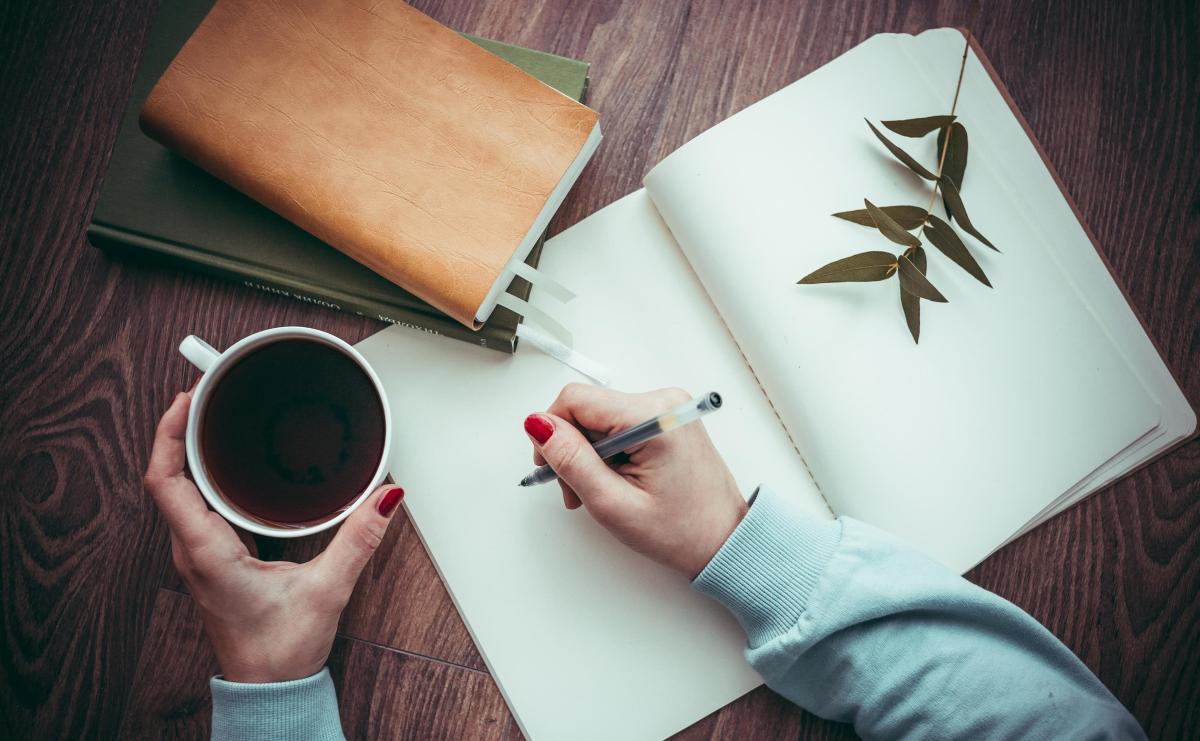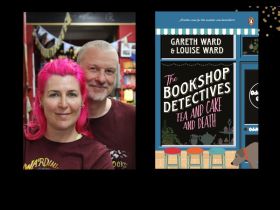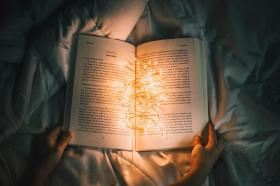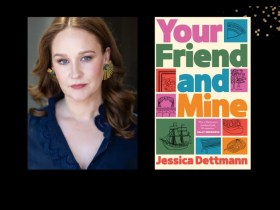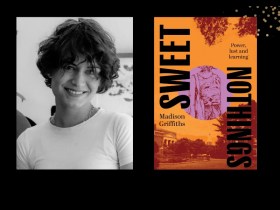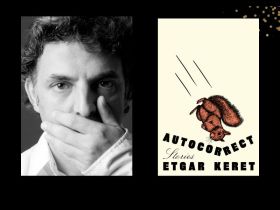It is the harshest sentence I will ever write. I will approach it cautiously, sideways, like a blue-skinned crab, claws ready to pinch. It arrived today and heralds more to come, for that’s how it is with me, a sentence springs like Athena from the head of Zeus, fully formed, adult.
Sometimes it’s days before I write it. I hold on to that sentence until I sit with my notebook and one of the $6 throwaway fountain pens I’ve come to love. Hopefully there’s wine nearby, and exquisite food. Tonight, here, in a winter restaurant on the Great Ocean Road, it’s a piquant Roquefort, and a big shiraz from Heathcote, Victoria. I’ll need plenty of wine.
Touchdown. The sentence rolls out. I watch the ink slip onto the paper. It’s the first of a string seeded in my DNA, threaded through my muscles, and now aching to run like unfettered children across the page. I let my hand do the writing, let the words dart beyond my focus before I absorb their truth.
This sentence arrived today as I curved around the coast one ragged bay at a time. It burst forth at the point where the old volcanos of the Palaeogene give way to the soft sand of the Cretaceous. The road was sharp, wet. Rivers slipped into the ocean, the ocean worked at its business of erosion, and the mountains looked solid the way they always do, despite their mudstone layers. A little rain and whole sections of this place collapse. It’s old here, so old you can feel Gondwana stretching herself. This land holds fossils, plant fossils, fossils of the life that outlived dinosaurs, the life we farewell today. And this land is tired, so tired it wants nothing but to fall away.
My friend who works in the grocer’s shop, back in the Palaeogene, where I stopped for supplies, said a severe hailstorm was on its way, said I shouldn’t go on my own. ‘I’m West Australian,’ I said. ‘We drive in all sorts of weather.’ But the truth is I’ve been living here long enough to know I belong to this country. And another truth is, I do things regardless of the weather, and I’m rather bad at taking advice since I’ve made all my own decisions practically forever. My grocer friend said, in a fatherly tone that belied his youth, ‘If it hails, pull over.’ Then he cocked his brow over his tortoiseshell glasses and returned to packing shelves. He meant well. He cares for me. Many do. But I’d never do anything if I waited for a companion.
There was no hail. There were enormous skies, billowing clouds, luminescence and rain. An entire bay was laid out before me with rows of waves galloping into fallen cliffs. Above it half a rainbow shimmered, large and fat and loud, a great stripe of a thing. It was an epiphanic kaleidoscope of colour crashing into the sea. At the furthest end of the bay a lighthouse sparkled white in front of billowing clouds that streamed upwards in slow vertical curves. It was probably rain, sheets and sheets of it, but those clouds looked like vibrations from the rainbow itself. It was a sign of sorts. The whole moment took my breath. Yes. That is what happened. I stopped breathing. My lungs emptied. I pulled the car to a halt by the side of the road, held my chest, pressed it so the rhythm would start again, so breath would rush in and I would come back to life.
Breath returned. As did the world, the rivers and the ocean and all her horses, the mountain’s scattered stones, the rainbow and the lighthouse, and all the rosy, rosy light. And out of all this beauty the sentence came.
It seems a human right, as basic as the right to breathe, that everyone has at least one person dedicated to them, a person who would be so distracted by grief they might not survive their loved one’s passing, yet here I am, personless in this world.
I am one patch in a quilt of friends and relatives. They give love, indeed, but love around the edge of responsibilities, love that comes and goes, arrives when I call on it, love that can pale and withdraw, sometimes without explanation. I expected a different story, a coupling, children, a best friend close at hand, grandchildren, even an ex-partner or two still fighting over parenting. A peopled world.
I thought Mum and Dad would live longer, perhaps be alive as I write. Me here on the Great Ocean Road, them on their west coast verandah, sipping whisky as they watch the river run. My friends and my family on the scarp hold large, almost holographic fractals of my story, but I alone hold the whole story of who I am, and I am fast becoming an unreliable source.
…
Here, then, are my sentences laid down on the soft sand of the Cretaceous. My life as I remember it, the meaning I have made of it, the fossils that reveal my flow. Here, then, is a set of meditations to herald an era where the dominion of family yields to a democracy of stories.
This is an extract from She I Dare Not Name by Donna Ward (Allen & Unwin)
